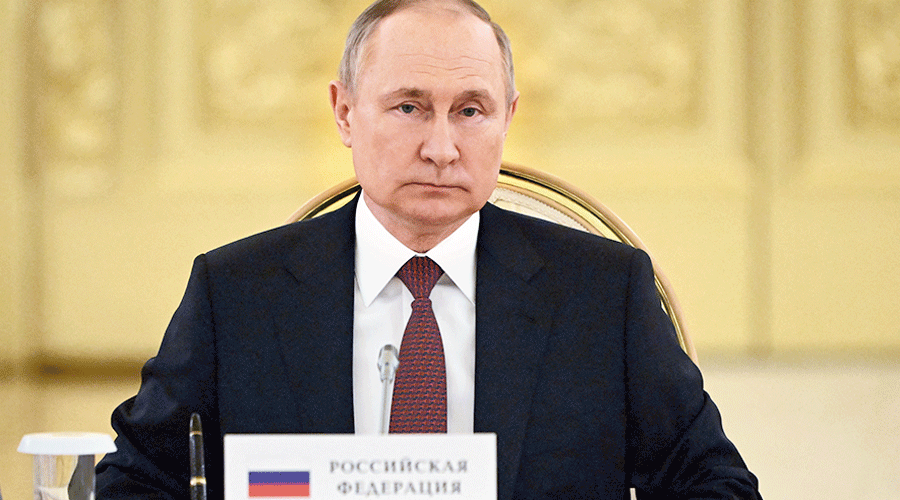In a blow to the Kremlin’s hope that economic pain in Europe would soften public support for Ukraine, Estonian voters have given a big election win to a Centre-Right government that has been one of Ukraine’s staunchest backers, despite soaring inflation and other problems.
A member of both the EU and Nato, Estonia is one of the European bloc’s smallest countries but has taken an oversize role in prodding bigger member nations like France and Germany to impose sanctions on Russia and to provide arms to help Ukraine defend itself.
The Centre-Right Reform Party of Prime Minister Kaja Kallas, who has pushed the West to send more weapons to Ukraine and impose tougher penalties on Russia, finished far ahead of eight other parties in a general election on Sunday, according to near final results on Monday morning.
To stay in power, Kallas’s party now needs to form a coalition with members of parliament from rival parties, a task that will involve much haggling over posts but should be within reach. Because of the format of the Estonian political system, coalition governments are almost inevitable.
Kallas’s Reform Party won nearly 32 per cent of the vote, about double the tally of the second-place finisher, EKRE, a far-Right populist party that, though sometimes critical of Russia, wants to curb Estonia’s spending on Ukraine and put more money into helping Estonians pay their energy bills and withstand an inflation rate of nearly 20 per cent, one of the highest in Europe.
Russia, struggling on the battlefield in Ukraine after a year of war, has increasingly based its hopes for victory on calculations that economic problems in the West, severely aggravated by cuts in the supply of Russian energy, would diminish solidarity with Ukraine and curb the delivery of weapons for use against Russian forces.
Estonia has a large ethnic Russian community, which makes up around a quarter of the population of about 1.3 million, but its political clout has been weakened by divisions over the war in Ukraine.
New York Times News Service











